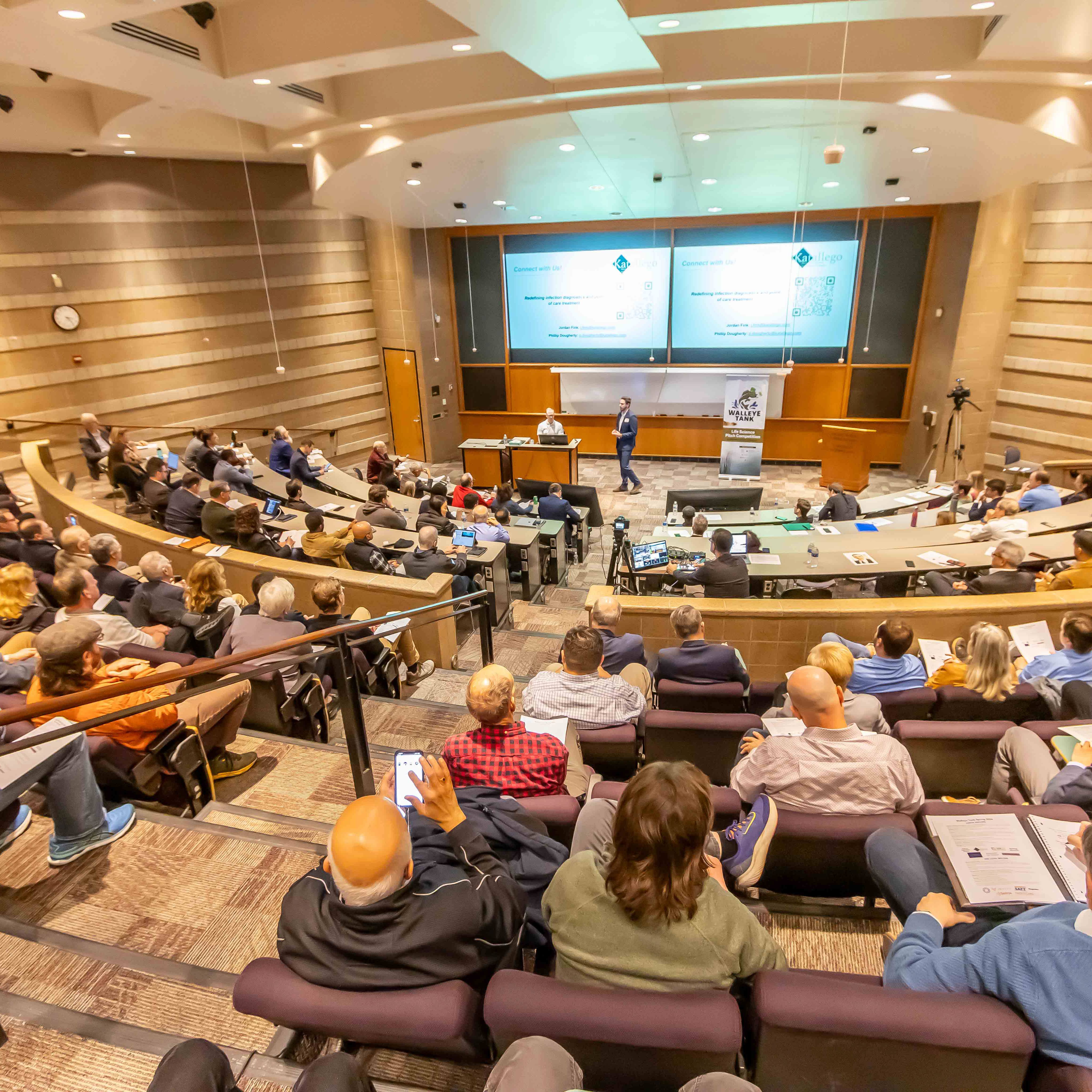-
Featured News
Something to Think About: Admiring beauty

Dr. Amit Sood says, "Find freedom from unhealthy desires."
Dear friend,
Beauty is the perception of something as pleasing, particularly to the eyes. Things, experiences, and places considered beautiful are often evolutionarily associated with enhanced survival. Different cultures and generations have unique concepts of beauty. A very long neck, scars on the belly, stretched lips, or blue tattoos on the lips—all are hallmarks of beauty in different parts of the world. Beauty is truly in the eyes of the beholder.
Beautiful objects and people fall into two types—ones that create no desire in us and others that we crave to acquire. A full moon is one of the most gorgeous spectacles I have ever seen. The stars are equally dazzling, as are the flowers in the garden, and the rising sun. Their beauty creates no desire within me that I need to resist, because I am happy to see them as they are—with no intention of owning them. That isn’t the case with many other objects or people I find gorgeous.
Seeing beautiful decorations, paintings, and people stirs the lake of the mind by creating desires. Such desires seed conflicts. The mind wants to own beautiful objects, expensive gadgets, and famous works of art. But I can’t have them all. Yet my wants don’t listen to rational arguments. These unquenched wants create a sense of angst or lack of fulfillment within me.
Researchers find that seeing beauty activates specific areas of the brain, particularly the medial orbitofrontal cortex. Seeing beauty also activates areas of the brain that coordinate hand movement—we literally reach out to get beautiful objects. We are thus biologically designed to seek beauty. I don’t think I can shed this impulse. I can, however, modify it, in two ways.
First, I should look at inner beauty and not just outer loveliness. I should admire the purity of the mind, the innocence of the intentions, and the kindness of the soul. I should look at people as sacred beings, not just physical bodies.
Second, when I look at the physical aspects of people and objects of beauty, I should look at them as I look at the moon—with admiration and no craving. My wants should be in my control. Unchecked wants are a perfect source of distraction, away from virtue and toward a life full of greed, selfishness, and envy. I will be very sorry at the end of such a life, if I live just for selfish acquisition, with no other meaning to my existence. I should wake up today and align my seeking, not just with sensory pleasures, but with altruistic meaning. Tomorrow might be too late.
May you have the ability to admire beauty without carrying any unhealthy wants.
Take care.
Amit

Read previous blog posts and follow @AmitSoodMD on Twitter.
Related Articles







